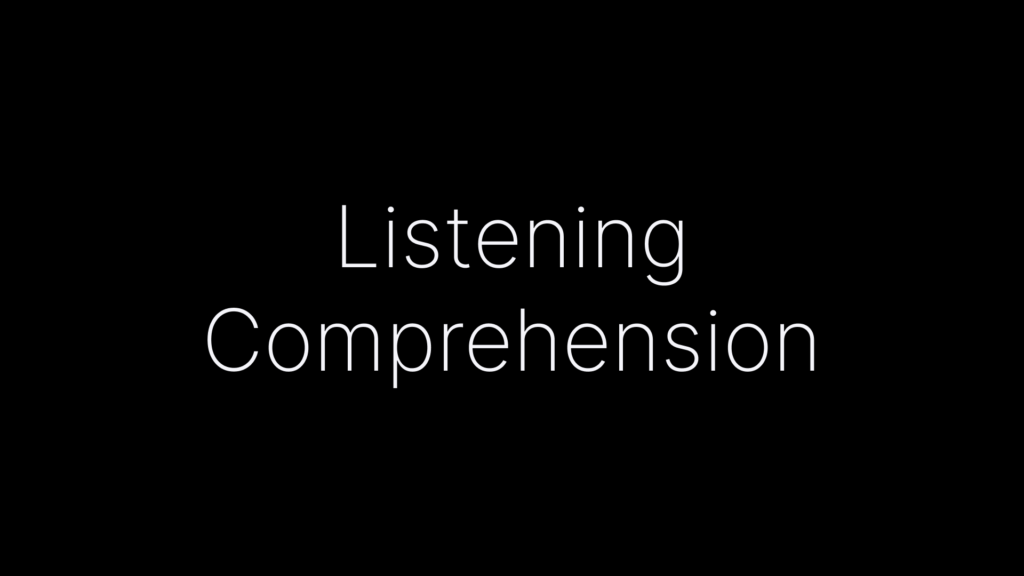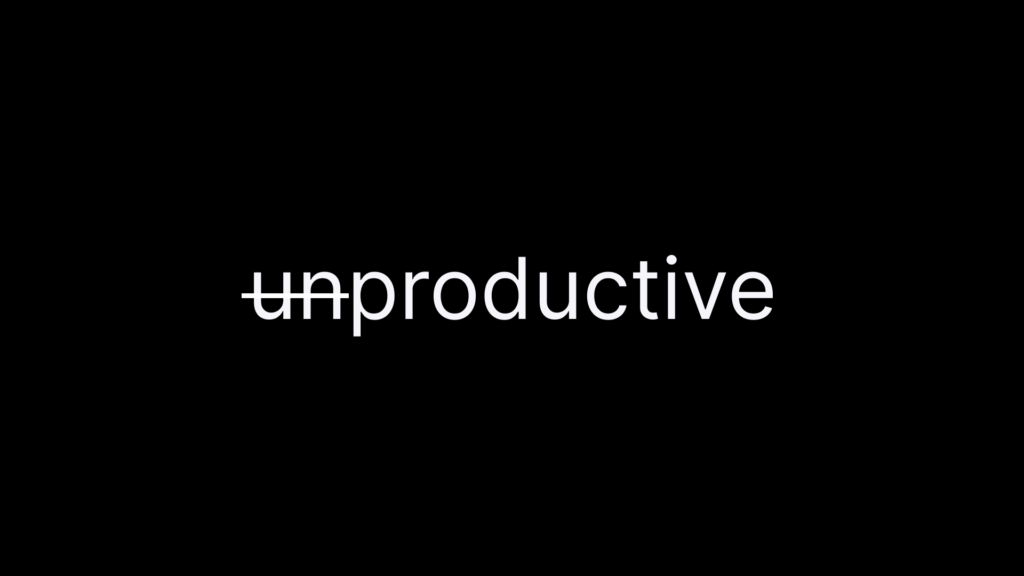According to my learning streak on duolingo I have now officially logged 1,494 days on the app.
That is a little over 4 years learning Spanish. Sounds impressive right? Well it would be if I didn’t run into this problem. You see even after all that time learning and immersing myself in the language there was still something that pissed me off when I talked to natives.
I couldn’t understand them.
Why not? I can read and get what they’re saying, I can form basic sentences together and express my ideas. Sure I would get stuck here and there but I was still learning and those words I haven’t learned yet, right?
I was fooling myself. I could clearly see the holes I had in my spanish and it was so aggravating thinking I was learning something and then your confidence shot.
It felt frustrating always having to ask to repeat or speak a little slower. I could hear certain words and I knew what individual words meant but when you put them together in a sentence they could form a whole different meaning.
It was then I realized what was more important than the ability to speak in another language and that’s…
Comprehension.
Thats when I went on the quest to understand how to improve my listening comprehension. I have a goal to reach a great level in my spanish But first I needed to understand this thing called comprehension.
What is Comprehension
I like to define this as the ability to understand what is spoken or written. When learning another language there are so many nuances you have to learn but if you don’t understand then communication is really shot.
Think about, when you speak in your native tongue and your around friends and family do you constantly have to ask what they’re talking about or what did you say?
Yes occasionally you may have missed what they said or even missed a word but guess what, because you understood the overall idea of what is being said your brain does this magical thing and puts the pieces together and even fills in the word you thought you missed.
But this only happened because you built up a library of understanding to help you in those down times. Of course there will be subjects you really don’t know but that’s because you haven’t studied them, regardless of your mother tongue or not.
I thought speaking was one of the most important things in a language, but in reality, comprehension is your base and foundation. I believe it really is the key to speaking better and overall communication. So let me explain a little more why this aspect is so important in a language.
Why do you need comprehension
I believe comprehension comes in 2 forms:
- Reading
- Listening.
What I found out is that they go hand in hand.
In other words, they compliment each other and really help you in visualizing the words and phrases when listening to them. Especially when you use the same words and phrases to learn and get used to hearing how they sound.
Another concept I believe why comprehension is important is critical thinking. If we define critical thinking it is the ability to process and analyze information as a guide to an action or a belief.
So when it boils down to it you are literally building critical skills when you learn to process this new information. It’s a filter in order to respond based on what is being communicated.
I also believe it is a way to peep into the minds of another culture. You can begin to ask yourself why phrases are formed a certain way.
When you begin to analyze and meditate on them your mind begins to create the connection overtime, thus solidifying the information subconsciously.
This process can be summed up in a term called mental representations and when you need the information your mind can recall it faster when heard or seen.
This is how you can begin to see improvement and results faster. But the real question is what do I do to boost my confidence and listening skills.
How to improve your listening comprehension
It is well known in the language community that in order to build your ability to learn a new language you need what is called comprehensible input.
What this means is getting material that you can understand at your level and then slowly increase the difficulty as your comprehension improves.
But what I’ve realized is no one really gives a step by step plan where to start or even where to begin.
I’ve seen tips where they say watch shows in your target language, read books, listen to music and podcasts.
Although those tips can be good I from experience did not see significant growth as what I could have until I learned how to properly increase my comprehension ability.
Yes those things did help me to get familiar with hearing the sounds and structure, but what fun is it if you’re not getting anything out of it or understanding what’s going on.
My strategy is simple and can seem a little boring, but I guarantee the input you put in will amaze you in just a few days.
If you want to improve your listening that’s what you have to practice, but I’m going to show you how to do it effectively.
1. Create your first list of 100
Before you can really start enjoying the Spanish shows, podcasts, and books, you have to get your basics down.
I warn you this process is going to be a slow start and hard but you will see results. If your a beginner perfect but if you have some experience with the language even better. You should still do this!
First you’re going to find or create a list of simple phrases, totaling to about 100. Try to get the audio version of these words as it will help tremendously. If you are a beginner and don’t know anything find a list of words for beginners.
From this list you’re not going study all of them at once but you’re going to slowly increase them until you master that list.
2. Create A Flash Card Deck
Next you’re going to create flash cards with about 10-25 cards in a set (it’s probably best to start off with 10 at a time first). You’re going to go through the set reading the words (no audio) with the Spanish side first and the translation on the back. Do this until you get them all right and can repeat it 3 times perfectly.
Once you understand the Spanish words from reading, you’re then going to do the same thing with those 10 words but just with the audio version on the front and the English translation on the back. You’re going to listen to the set until you can translate the words perfectly based on what you hear and able to repeat it 3 times.
The goal is being able to recognize and translate the word when you hear it and read it. Once you are confident in associating your new words to your native language it’s time to flip the cards.
3. Test Your Memory
You’re now going to test your memory by trying to recall the words from English to Spanish.
Not only will this help you later on when you want to speak but it will help to internalize the word because you will be trying to remember how the word sounds and translates to the target language.
Do this until you can get all the words from the flipped version correct. Once you get them all correct, again repeat 3 times with no mistakes. You can then move to the next set of 10 and repeat the process the following day.
4. Rinse & Repeat
The next day be sure to review the previous 10 before the next set in order to continue solidifying your base and comprehension.
You’re going to do this until you reach all 100 words or phrases. So that’s 10 new words a day.
You’re going to go through this list to build up your confidence to the point where you’re bored of the list.
Until you can go through the whole list of 100 by listening and reading each word (or phrase) and translate it perfectly (not missing one), do not move to the next level.
Fun note: the more times you listen to the same list, the easier it will be to remember the word and how it sounds.
After you have completed your first 100 a fun test is to take a kids show in Spanish (my favorite is charlie colorforms on Netflix) and listen and see how much you can understand.
You should notice that it is much easier to pick up words and simple phrases because you have trained your ears to recognize certain sounds and specific combinations of phrases.
This should be motivation because you can actually hear the difference and if not don’t worry because starting your next set of 100 will give you more experience and more base to your mental library.
The goal is not to rush through this process but taking your time so that after every phrase you hear you learn from the feedback if you got it right or not.
You’re literally training your ear to associate it with new sounds and finding meaning to it.
The more you do of this you will see that shows and podcasts and even native speakers start to make sense.
Then you’re going to want to do more until it really does sound like your native language.
If you put in the hard work at the beginning you will see it will be easier in the end.
Final thoughts and resources
For Beginners
If you are a beginner I suggest you start off with familiarizing yourself with the most frequent words list. Follow the same process but you’re going to start off with just the words. This will help when you move to simple phrases because you will already be familiar with each word, but now understanding how they work in sentences.
If you feel fancy and want to skip this step you can start off with basic sentences and follow the process but you will notice that you still will have to study the individual words. So just humble yourself and start with the words then move to phrases.
For The Intermediate
If you’re at an intermediate level or have some basis in the language then you can start with phrases. You want to be able to get to a point where you can recognize the meaning quickly just from hearing it.
One thing I like to do is say the translation out loud so I not only know I can process it in my mind but can explain it to somebody.
A quick tool I used to help me build this ability up is a website called speechling.
I used their flash card resource selected my level and followed the process for 5mins to 10 mins a day.
I then switched over to the dictation practice tool and selected the same level because they use the same cards and sentences in the flash cards.
I timed myself for this process because you are not able to keep count of the cards. The good thing is they repeat the phrases multiple times so you have plenty of time to practice listening and reading.
However I am currently working on building the list out for beginners because I believe it easier to manage and it’s what I wish I had when I first started learning. Little by little you want to master them before moving on to the next, as opposed to just getting thrown all the words at once. It still works but build slow then fast.
But that’s it, that’s how you can improve your comprehension quickly. If you willing to put in the work you will see results and you can either get started by creating the list yourself or you can head over to speechling.com and use theirs.
Hope this helps like it did for me building my comprehension skills.


